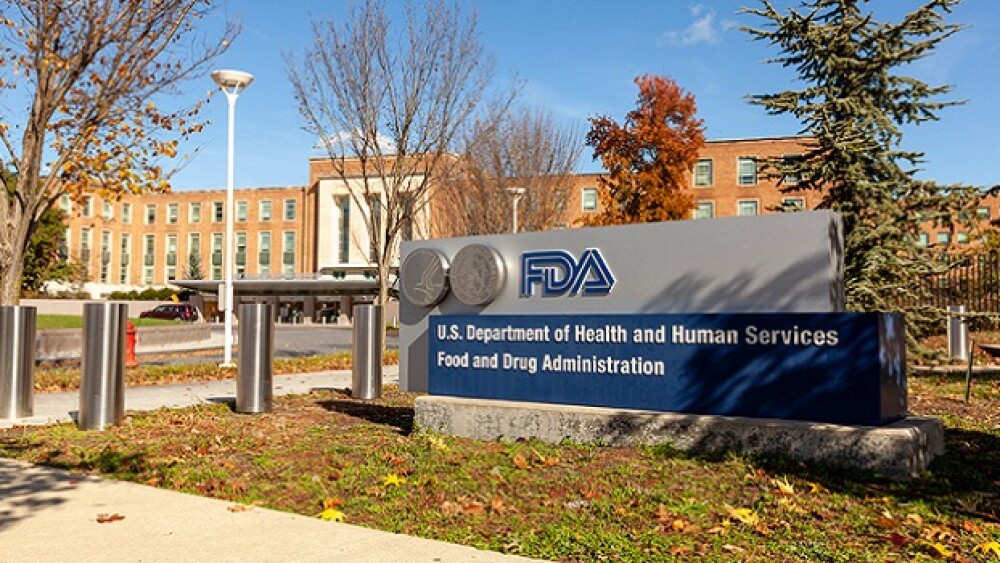JCR Pharmaceuticals Co., Ltd. (TSE 4552; Chairman and President: Shin Ashida; “JCR”) announced today that the first patient in the Phase I/II clinical trial with Mucopolysaccharidosis Type IIIA (MPS IIIA; Sanfilippo Syndrome Type A) has been dosed with JR‑441, a blood-brain barrier (BBB) penetrating form of heparan N-sulfatase that was developed using JCR’s proprietary J-Brain Cargo ® BBB-penetrating technology.
HYOGO, Japan--(BUSINESS WIRE)-- JCR Pharmaceuticals Co., Ltd. (TSE 4552; Chairman and President: Shin Ashida; “JCR”) announced today that the first patient in the Phase I/II clinical trial with Mucopolysaccharidosis Type IIIA (MPS IIIA; Sanfilippo Syndrome Type A) has been dosed with JR‑441, a blood-brain barrier (BBB) penetrating form of heparan N-sulfatase that was developed using JCR’s proprietary J-Brain Cargo® BBB-penetrating technology. JR-441 is a recombinant fusion protein of antibody fragment against the human transferrin receptor and heparan N- sulfatase, the enzyme missing or malfunctioning in subjects with MPS IIIA.
MPS IIIA is a lysosomal storage disorder (LSD) characterized by multiple somatic and neurological signs and symptoms with no established standard of care. While MPS III is a heterogeneous disease, type IIIA is typically characterized by an earlier onset than other forms of MPS III. While less prevalent in Japan, MPS IIIA is considered to be the most prevalent form of MPS III globally. Preclinical evidence indicated that JR-441 may address the somatic as well as neurological sequalae of MPS IIIA in individuals affected with the disease. JR-441 was received orphan drug designation by the European Commission (EC) in January 2022.
The main objectives of the phase I/II clinical study which is conducted at the International Center for Lysosomal Disorders (ICLD) of the University Hospital of Hamburg Eppendorf (UKE) is to establish the safety of chronic dosing of JR-441 in individuals with MPS IIIA, the pharmacokinetics of JR-441 and to explore early signs of efficacy. The trial is an open-label study comparing two different doses of JR-441 over a treatment period of 52 weeks. Patients participating in the trial will be offered to enter an extension study upon completion of the treatment period.
“Offering patients a treatment option with an innovative therapy that is designed to address both somatic and central nervous system signs and symptoms of MPS IIIA completely changes my conversations with families having an affected member with MPS IIIA. This disease has no established standard of care and enrollment in this study offers them access to an experimental interventional treatment,” said PD Dr. Nicole Muschol, Principal Investigator of the trial.
“JR-441 is the third program based on the J-Brain Cargo® platform that enters clinical stage, following JR-141 and JR-171,” adds Shin Ashida, Chairman, President and CEO of JCR Pharmaceuticals. “It is another testament to our efforts to bring our innovation to patients across the globe. My deepest respect goes to the families, Dr. Muschol, and all the physicians and clinical staff who are so committed to changing the future of individuals affected with this disease.”
The trial is a single-center study in Germany and intends to enroll a total of twelve patients, age one to 18 years at various stages of disease progression. Further information can be found at clinicaltrials.gov under the NCT identifier NCT06095388.
JCR, a pharmaceutical company having developed the proprietary BBB-penetrating technology J-Brain Cargo®, is focusing on the development of treatments for LSDs with central nervous system signs and symptoms. JCR intends to start clinical trials on four additional programs from its LSD pipeline by FY2027.
There is no impact on the consolidated business results for this fiscal year ending on March 31, 2024, related to the matter.
About Sanfilippo syndrome (MPS III)
Sanfilippo syndrome is an autosomal recessive disease caused by a deficiency of the enzymes that metabolize mucopolysaccharides within the body. The disease is classified into four subtypes (A, B, C, and D) according to the respective deficient enzymes. Symptoms include accumulation of heparan sulfate in tissues throughout the body. Notably, the rapidly progressive form of the disease frequently affects neurocognitive development, which peaks around 2 or 3 years of age, before subsequently deteriorating, resulting in a complete loss of speech by the age of 7 or 8. Progression further gives rise to symptoms such as sleep disorders, hepatosplenomegaly, seizures, and neurobehavioral abnormalities.
About JCR Pharmaceuticals Co., Ltd.
JCR Pharmaceuticals Co., Ltd. (TSE 4552) is a global specialty pharmaceuticals company that is redefining expectations and expanding possibilities for people with rare and genetic diseases worldwide. We continue to build upon our 48-year legacy in Japan while expanding our global footprint into the US, Europe, and Latin America. We improve patients’ lives by applying our scientific expertise and unique technologies to research, develop, and deliver next-generation therapies. Our approved products in Japan include therapies for the treatment of growth disorder, Fabry disease, acute graft-versus host disease, and renal anemia. Our investigational products in development worldwide are aimed at treating rare diseases including MPS I (Hurler, Hurler-Scheie and Scheie syndrome), MPS II (Hunter syndrome), MPS III A and B (Sanfilippo syndrome types A and B), and more. JCR strives to expand the possibilities for patients while accelerating medical advancement at a global level. Our core values – reliability, confidence, and persistence – benefit all our stakeholders, including employees, partners, and patients. Together we soar. For more information, please visit https://www.jcrpharm.co.jp/en/site/en/.
Cautionary Statement Regarding Forward-Looking Statements
This document contains forward-looking statements that are subject to known and unknown risks and uncertainties, many of which are outside our control. Forward-looking statements often contain words such as “believe,” “estimate,” “anticipate,” “intend,” “plan,” “will,” “would,” “target” and similar references to future periods. All forward-looking statements regarding our plans, outlook, strategy and future business, financial performance and financial condition are based on judgments derived from the information available to us at this time. Factors or events that could cause our actual results to be materially different from those expressed in our forward-looking statements include, but are not limited to, a deterioration of economic conditions, a change in the legal or governmental system, a delay in launching a new product, impact on competitors’ pricing and product strategies, a decline in marketing capabilities relating to our products, manufacturing difficulties or delays, an infringement of our intellectual property rights, an adverse court decision in a significant lawsuit and regulatory actions.
This document involves information on pharmaceutical products (including those under development). However, it is not intended for advertising or providing medical advice. Furthermore, it is intended to provide information on our company and businesses and not to solicit investment in securities we issue.
Except as required by law, we assume no obligation to update these forward-looking statements publicly or to update the factors that could cause actual results to differ materially, even if new information becomes available in the future.
View source version on businesswire.com: https://www.businesswire.com/news/home/20231110855801/en/
Contacts
Investors & Media:
JCR Pharmaceuticals Co., Ltd.
Corporate Communications
ir-info@jp.jcrpharm.com
Source: JCR Pharmaceuticals Co., Ltd.





